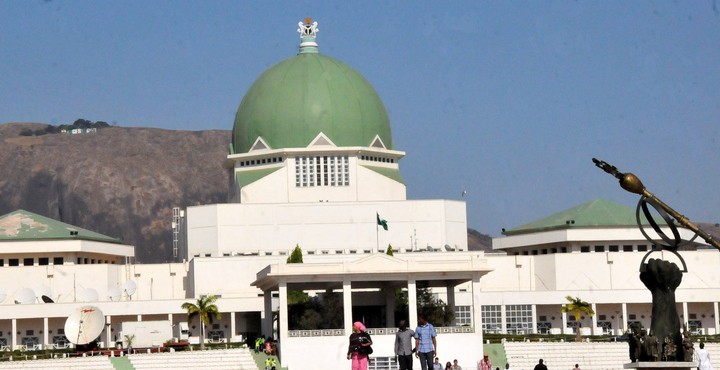Senate, Reps Pass 2017 N7.44tr Budget
The Nigerian Senate and House of Reps on Thursday passed the 2017 budget, set at N7.44 trillion. Both the upper and lower house had agreed to a higher volume than the draft worth N7.298 trillion budget submitted by President Muhammadu Buhari to lawmakers in December.
The budget assumes an oil price of $44.5 a barrel and foreign borrowing of N175.9 billion and domestic borrowing of N1.488 trillion, the lawmakers said.
The budget must be passed by lawmakers before the president can sign it into law. President Buhari is on medical leave in Britain and on Sunday handed over power to his deputy Yemi Osinbajo.
Nigeria is in its second year of recession brought on by low oil prices which have slashed government revenues, weakened the naira currency and caused chronic dollar shortages. The 2017 budget is an expansionary budget that would help the country spend its way out of recession.
The government had launched a four-year economic plan which has five main strategies that is expected to see the country’s growth forecast rise from its present receding state to seven per cent by 2020. The four-year plan was anchored around achieving healthy economic growth and sustainable development, boosting sentiment towards Nigeria which is currently in the process of a critical structural transformation.
The International Monetary Fund had upped its growth forecast for Nigeria from 0.2 per cent and 0.7 per cent growth for 2017 and 2018 to 0.8 per cent and 2.3 per cents respectively on increased oil production and improved security in the country.
The Fund in its economic outlook for Nigeria had noted that the quelled the violence in the oil rich Niger Delta region and stability as well as a rise in global oil price has favoured the country which now earns more from oil sales than it did last year.
The increased revenue has seen the country’s external reserves rise, giving the Central Bank of Nigeria the ability to pump dollar liquidity into the import dependent economy to shore up the value of the naira.
Last year’s budget – passed in May 2016 – was delayed for months due to disagreements between lawmakers and the presidency, cutting the supply of government money and deepening the economic crisis.




